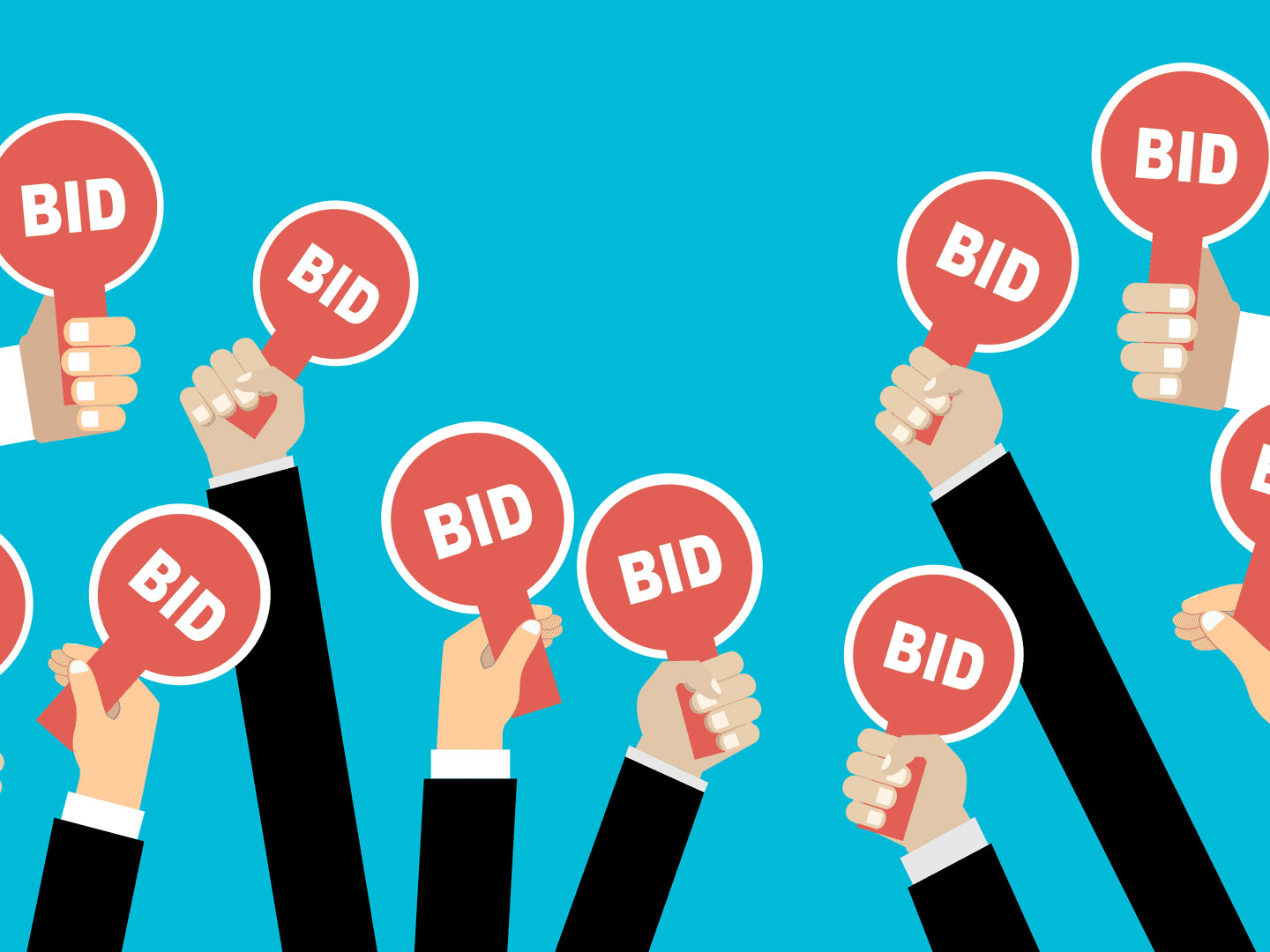In A Changing Market - Don't Get Caught Bidding Against Yourself
Over the weekend, you may have seen the national article relating to an auction for a home in Sydney.
In Arncliffe, a buyer bid against himself 3 times in order to walk away with the keys to a semi-detached house for $1.25 million, $150,000 above reserve. 4 parties registered to bid with everyone active, but it stalled at $1.15 million. The selling agent then negotiated with the highest bidder, despite already hitting the reserve of $1.1 million.
"I sensed a bit of opportunity there, so I thought I’d maximise the price,” said the agent, Mr Economos said, and when on to note that “Everyone was happy in the end.”
The buyer bid against himself from $1.15 million by increasing the bid to $1.175 million, then to $1.2 million and then to $1.25 million, at which point the hammer fell.
My guess is that the buyer was not very happy in the end, especially after reading that article and seeing the agents comments.
So...Why would you bid against yourself at a public auction if you're the highest bidder ?
This is a classic buyer mistake that plays out across the country every day. It happens for the very basic reason that buyers are tired, burnt out and woefully under skilled in negotiation - especially when heavily emotionally invested for a home. They will put an end to the fight and essentially pay whatever they have to to land a property.
Of course, the agents know this and they play on that very emotion, hence the reason they love the pressure cooker atmosphere auctions create.
Agents choose this method of sale, so when they hold a public auction and you are left as the highest bidder, this is the time to highlight that fact to the selling agent and rather than have them pester you to increase against yourself, simply turn it around to them and say this;
“You wanted this auction, we are the highest bidders, we want to buy the house, we are offering fair market value - it’s your turn now to talk to your client, the seller, making them realise the same and they might like to think about what their home is worth and come to the realisation - this is a great price - before it’s gone”.
Turn the negotiation around to heap pressure on the sellers and get the agent to start working for their commission, it’s their job to get both sides to an agreeable price.
Don’t be afraid to have that conversation, it’s nerve wracking, sure, but hold your ground at that point as you are the highest bidder and let the owners really think about how much they want to sell - in most instances that means meeting the auction price and getting the deal done. I’d say 50% of the time when this situation plays out, my client is in my ear saying they will pay whatever it takes to get the house within reason and me just playing hard for a few moments with the above dialogue leads to significant savings.
The other times this happens is when you are negotiating for a home away from an auction scenario. Often a property will be marketed for a set price or price range or when you make an offer you will be given a counter offer from the agent. It’s here that a lot of buyers will get caught increasing against themselves for no other reason than because they dug their own hole but not asking questions to establish their competition.
It’s crucial to gauge how much interest is in the home, when the owner will be making a decision to sell and whether or not an offer made by you or another party has triggered the vendors to sell. If you don’t know those things, it’s very easy for the agent to keep you bidding blindly against yourself.
So ask these key questions:
- Is anyone else making an offer? If yes, are they on contract? Unconditional offers? Better or weaker terms?
- If I make an offers that’s acceptable to your seller, will they exchange contracts today?
- Will you shop my offer around to any other party?
- What is the ideal terms the seller wants?
- What will buy it today?
With these answers, you are able to paint a much clearer picture of how much interest may be in the property and how motivated the sellers are. You then build a negotiation strategy around the answers to benefit your position.
There are so many aspects involved in controlling the negotiation, asking key questions and being a great listener will go a long way to ensure you buy smarter and avoid being the next example of a buyer paying too much.
Back
